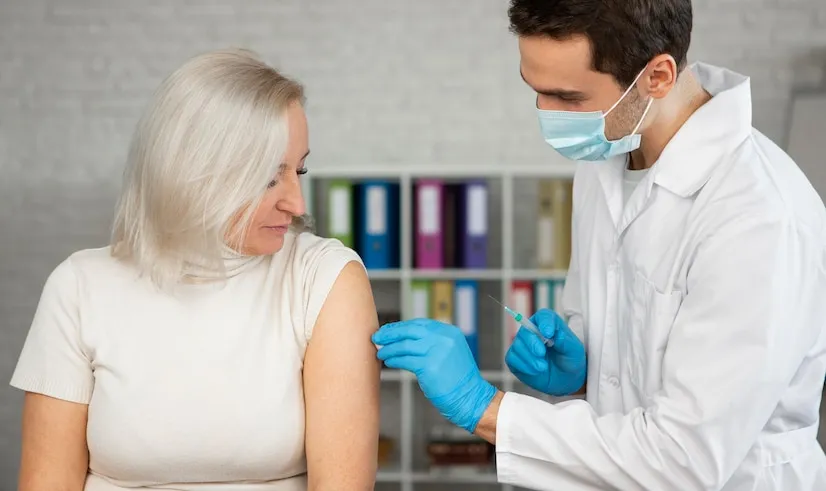Vaccination is one of the most effective public health strategies for preventing infectious diseases. Primary care providers play a crucial role in delivering vaccinations, educating patients, and ensuring community health. This guide explores the importance of vaccination in primary care, the benefits of immunizations, and how healthcare providers can enhance vaccination efforts.
The Role of Primary Care in Vaccination
Primary care providers (PCPs) are often the first point of contact for patients seeking healthcare. They are uniquely positioned to administer vaccines due to their established relationships with patients and their understanding of individual health needs.
- Accessibility: Many patients prefer receiving vaccinations in their primary care settings, where they feel comfortable and trust their providers. A survey indicated that a significant portion of unvaccinated individuals would choose to get vaccinated at their doctor’s office, highlighting the importance of primary care in vaccination efforts.
- Patient Education: PCPs can effectively communicate the benefits and safety of vaccines, addressing any concerns or misconceptions patients may have. This education is vital in combating vaccine hesitancy and ensuring higher vaccination rates.
- Comprehensive Care: Primary care providers can integrate vaccination into routine health check-ups, ensuring that patients stay up-to-date with their immunizations throughout their lives.
Benefits of Vaccination
Vaccination offers numerous benefits, both for individuals and the community as a whole:
- Prevention: Vaccines protect against various infectious diseases, including measles, influenza, and COVID-19. They significantly reduce the incidence of these diseases and their associated complications.
- Herd Immunity: Widespread vaccination helps achieve herd immunity, protecting those who cannot be vaccinated due to medical conditions or age. This is particularly important for vulnerable populations, such as infants and immunocompromised individuals.
- Cost-Effectiveness: Vaccination is a cost-effective public health intervention. Preventing diseases through vaccination reduces healthcare costs associated with treating infections and their complications.
Enhancing Vaccination Efforts in Primary Care
To maximize the impact of vaccination programs, primary care providers can adopt several strategies:
- Community Outreach: Engaging with community organizations can help reach underserved populations and increase awareness of vaccination programs. Tailored outreach efforts can address specific barriers to vaccination in different communities.
- Streamlined Processes: Simplifying the vaccination process, such as reducing wait times and improving appointment scheduling, can enhance patient participation in vaccination programs.
- Continuous Training: Keeping healthcare staff updated on the latest vaccine recommendations and safety information ensures that they can provide accurate information to patients and address their concerns effectively.
Conclusion
Vaccination is a cornerstone of preventive healthcare, and primary care providers are essential in promoting and administering vaccines. By prioritizing vaccination efforts and educating patients, primary care can significantly contribute to public health, reduce the spread of infectious diseases, and protect vulnerable populations.
Call to Action
Stay informed about your vaccination needs and schedule your next appointment with our primary care provider.

